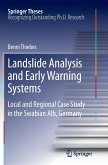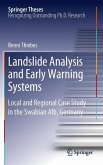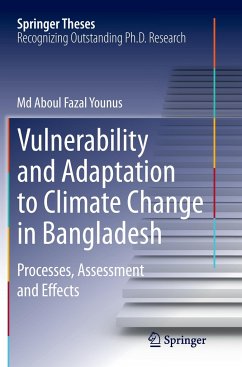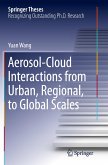This thesis constitutes an extraordinary innovative research approach in transferring the concepts and methods of complex systems to risk research. It ambitiously bridges the barriers between theoretical, empirical and methodical research work and integrates these fields into one comprehensive approach of dealing with uncertainty in socio-ecological systems. The developed agent-based simulation aims at the dynamics of social vulnerability in the considered system of the German North Sea Coast. Thus, the social simulation provides an analytical method to explore the individual, relational, and spatial aspects leading to dynamics of vulnerability in society. Combining complexity science and risk research by the method of agent-based simulation hereby emphasizes the importance of understanding interrelations inside the system for the system's development, i.e. for the evolving. Based on a vulnerability assessment regarding vulnerability characteristics, present risk behavior and self-protection preferences of private households against the impacts of flooding and storm surges, possible system trajectories could be explored by means of simulation experiments. The system-analytical approach therefore contributes to an integrated consideration of multi-dimensional and context-sensitv social phenomena such as vulnerability. Furthermore it achieves conceptually and strategically relevant implications for risk research and complex systems research.
Bitte wählen Sie Ihr Anliegen aus.
Rechnungen
Retourenschein anfordern
Bestellstatus
Storno








